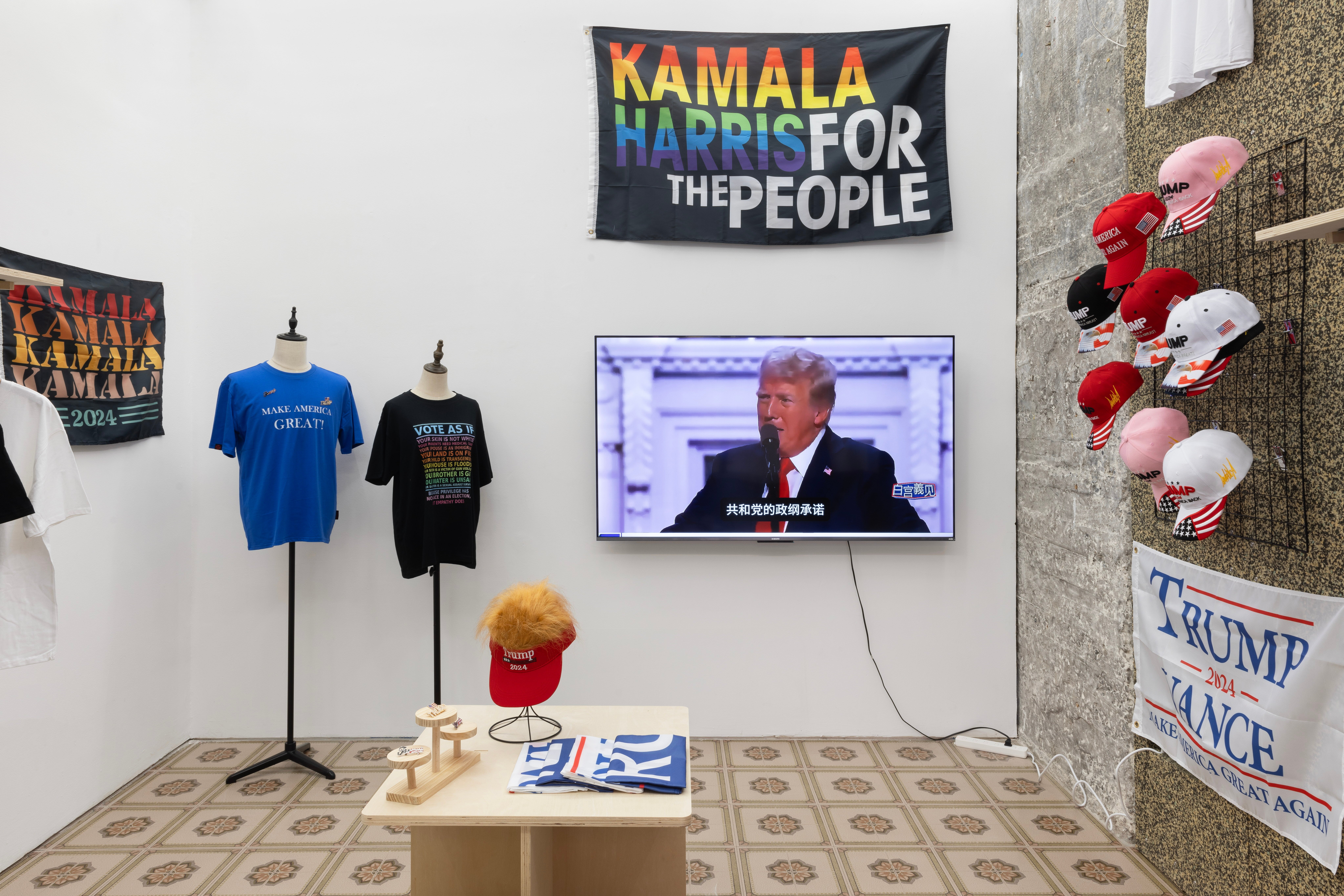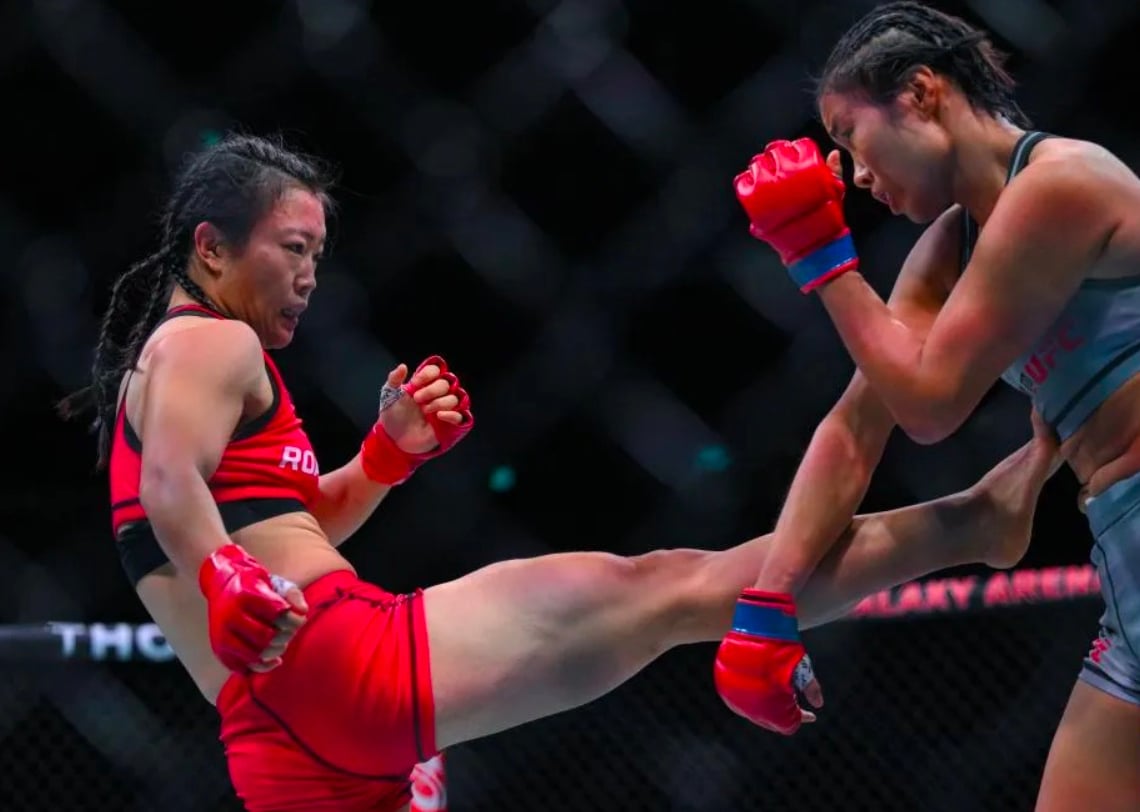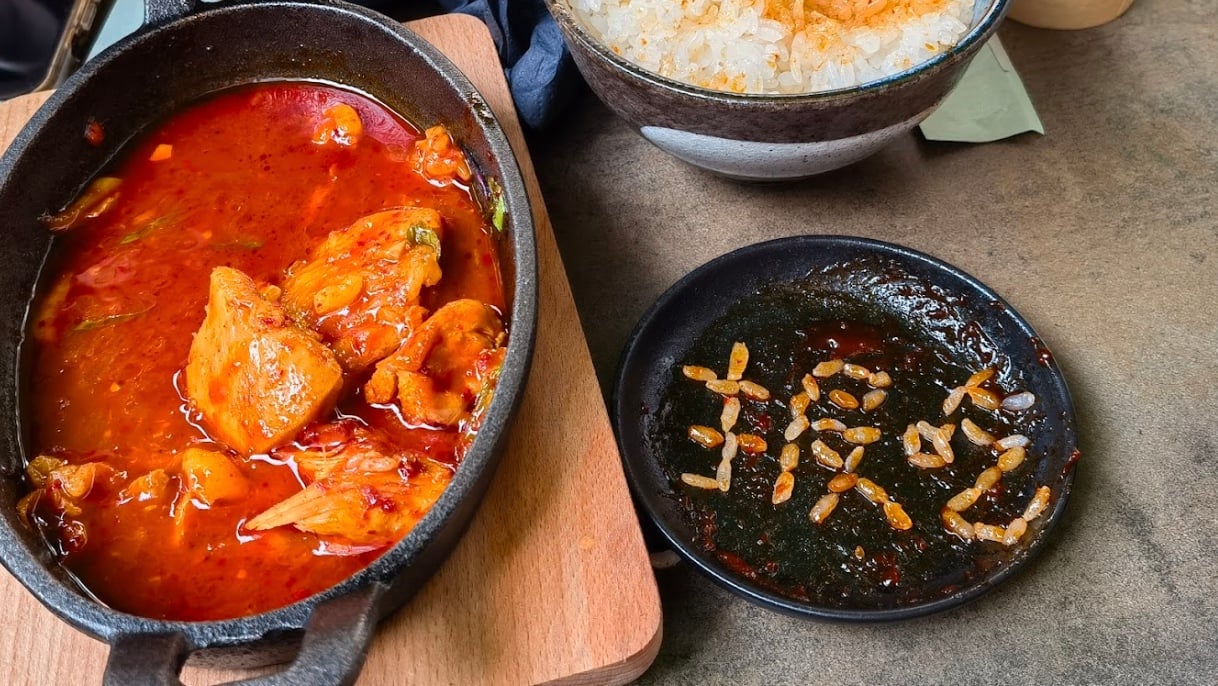RADII is constantly watching and reporting on new moves in the Chinese hip hop scene — catch up with my biweekly Chinese Rap Wrap for the latest. But if you want to look back into the history of Chinese hip hop, and have a few hours to kill watching some documentaries in your browser, here are a few to stream over the holiday chill:
Yi Hei Dao Di (一黑到底; “Hip Hop To The Very End”)
Shuangzi has been active and well-known among Chinese hip hop heads — especially those local to his native Beijing — for over a decade. As opposed to most Chinese rappers, his performances and tracks in Beijing dialect, where he raps about local life, are always done with the backing of a full rock band.
From 2017 to 2018, Shuangzi directed, produced and released a four-episode mini-documentary series called Yi Hei Dao Di (“Hip Hop To The Very End”) with his team, in which Chinese hip hop music pioneers Dai Bing, Webber and Sbazzo join and share stories from their own journeys. These Beijing hip hop OGs also share insights about the current atmosphere in the Chinese hip hop scene.
Related:
 The History of Rap in China, Part 1: Early Roots and Iron Mics (1993-2009)No, it didn’t all start with The Rap of China — far from it. In Pt. 1 of a two-part series, Fan Shuhong traces the history of hip hop in China from the 1990s to 2010Article Feb 01, 2019
The History of Rap in China, Part 1: Early Roots and Iron Mics (1993-2009)No, it didn’t all start with The Rap of China — far from it. In Pt. 1 of a two-part series, Fan Shuhong traces the history of hip hop in China from the 1990s to 2010Article Feb 01, 2019
In interviews with Shuangzi, Dai Bing says that he was attracted by the music of Chic and Boney M. at the beginning of the ’80s, and went to a pop music competition in Beijing covering Earth, Wind & Fire in 1986 before starting the first Chinese rap group, D.D.Rhythm, in 1992. Webber talks about how the street dance movie Breakin’ and dakou cassettes of Naughty by Nature blew his mind, and guided him toward hip hop culture. Another Beijing rap legend, Sbazzo, talks about growing up in Toronto and listening to hip hop music there, before moving to Beijing to learn Chinese, where he teamed up with Webber to form the legendary rap crew Yin Ts’ang.
Story of Iron Mic + Trap in Southwest
Both of these documentaries were directed and produced by Billy Starman for VICE China, and released in 2017.
Iron Mic, probably the longest-running freestyle rap battle in the world, represents another storyline of rap’s development in China. It has hosted hundreds, if not thousands, of rappers since forming in 2002, helping an entire generation to hone and present their rap skills. It has created countless classic national finales and dramas that are still talked about by hip hop lovers, including Wuhan OG Big Dog and Bejing’s battle king Nasty Ray meeting in the national championship three years in a row; 2010 champion Max from Xinjiang battling Dawei from Beijing, who was still a high school student at the time; and the beef between MC Webber (as a judge) and new-blood contestant MC Bei in 2013.
In the VICE documentary, Iron Mic founder Dana “Showtyme” Burton provides commentary as he watches footage of past competitions. Numerous rappers from 13 cities — many of whom are nationally famous now — also share how they feel about the fast-developing Chinese hip hop scene of recent years.
If we’re talking about the more recent development of hip hop in China — like the irresistible trend of trap — you will want to follow Wes Chen, a veteran hip hop radio-host-turned podcaster. Chen leads us to the trap capitals in southwestern China, Chengdu and Chongqing, represented by Higher Brothers and GO$H, respectively.
The twin documentaries catch each city’s protagonists at an interesting moment: just before Higher Brothers went worldwide after signing with 88rising, and GO$H’s Gai and Bridge gained national fame through their appearance on Rap of China season 1. In these documentaries, the crew members are all still making music from their home studios, concentrating on making more dope tracks. They tell Wes about why and how they got into hip hop, and what their lives are like as young independent rappers in China.
Underground Chinese Hip Hop

This documentary — available here and on Amazon Prime — was written, directed and produced by Jimmy Wang. Beginning with an In3 freestyle, the 40-minute film focuses more Chinese rappers’ struggle between keeping underground and embracing the mainstream, while also responding to the limits created by a strict system of censorship.
Besides Webber, Sbazzo, In3, Dawei, and Dana Burton, producer and musician Soulspeak, former rapper and musician E.B., and singer/prodcuer ChaCha (aka Yehaiyahan) all show up in the interviews. Many underground hip hop events and recording studio scenes are presented — even a clip in which ChaCha was discusses reggae music while recording with Webber, who turned his interest from freestyle rap to reggae after departing from Yin Ts’ang.
In such a swift-changing country, not to mention the major changes that Chinese hip hop has undergone in just the last several years, maybe we can hope for more documentaries to come, recording the growing yet still vulnerable hip hop scene in China.
You might also like:
 The History of Rap in China, Part 2: Hip Hop Goes Mainstream (2010-2019)From humble origins as a niche pastime in constant conflict with the authorities, hip hop rises to become a mainstream art (and industry)Article Feb 08, 2019
The History of Rap in China, Part 2: Hip Hop Goes Mainstream (2010-2019)From humble origins as a niche pastime in constant conflict with the authorities, hip hop rises to become a mainstream art (and industry)Article Feb 08, 2019
 Chinese Rap Wrap: AR Puts Clout Rappers on Blast with “Pop Rap”“Just sing Chinese like it’s English / Then add some bad English in the Chinese bars / They’re made for foreigners so it doesn’t matter”Article Dec 04, 2019
Chinese Rap Wrap: AR Puts Clout Rappers on Blast with “Pop Rap”“Just sing Chinese like it’s English / Then add some bad English in the Chinese bars / They’re made for foreigners so it doesn’t matter”Article Dec 04, 2019


















